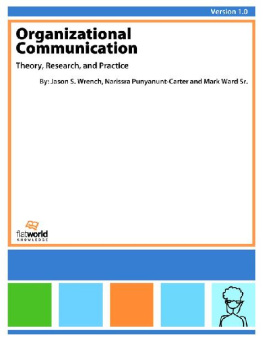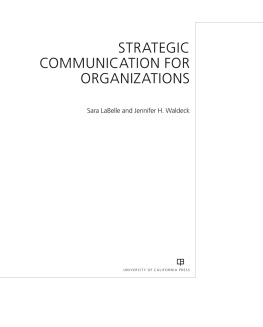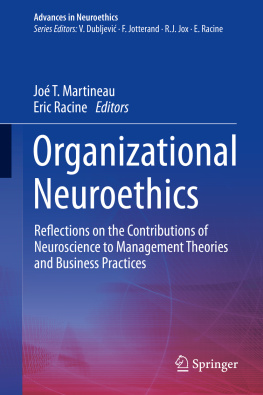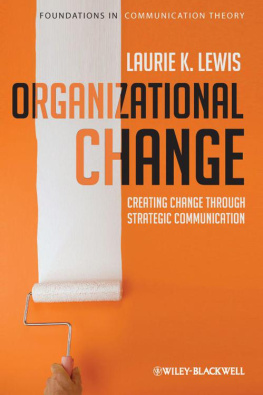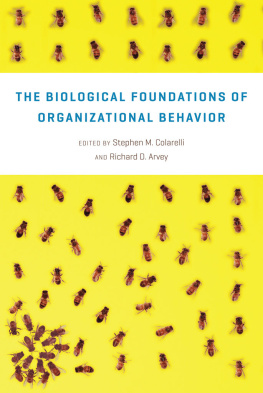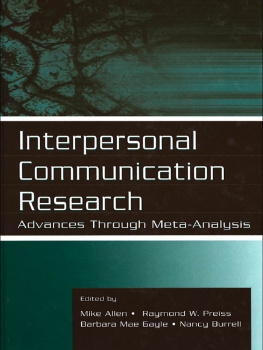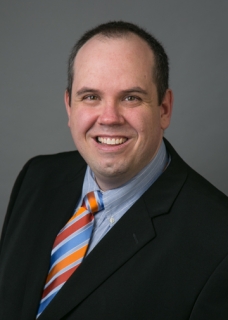
Jason S. Wrench
Jason S. Wrench (EdD, West Virginia University) is an associate professor and chair of the Department of Communication at the State University of New York at New Paltz. Dr. Wrench specializes in workplace learning and performance, or the intersection of instructional communication and organizational communication. His varied research interests include communibiology, computer-mediated communication, empirical research methods, humor, risk/crisis communication, and supervisor-subordinate interactions. Dr. Wrench regularly consults with individuals and organizations on workplace communication and as a professional speech coach for senior executives.
Dr. Wrench has published eight previous books: Intercultural Communication: Power in Context, Communication, Affect, and Learning in the Classroom (2000, Tapestry Press); Principles of Public Speaking (2003, The College Network); Human Communication in Everyday Life: Explanations and Applications (2008, Allyn & Bacon); Quantitative Research Methods for Communication: A Hands-On Approach (3rd ed., 2016, Oxford University Press); The Directory of Communication Related Mental Measures (Summer 2010, National Communication Association); Stand Up, Speak Out: The Practice and Ethics of Public Speaking (2011, Flat World Knowledge); Communication Apprehension, Avoidance, and Effectiveness (2013, Allyn & Bacon); and Training & Development: The Intersection of Communication & Talent Development in the Modern Workplace (2014, Kendall Hunt). Dr. Wrench is also the editor of four books on the subject of organizational communication: Casing Public Relations, (2014, Kendall Hunt) Casing Organizational Communication (2011, Kendall Hunt), Workplace Communication for the 21st Century: Tools and Strategies that Impact the Bottom Line: Vol. 1. Internal Workplace Communication, and Vol. 2. External Workplace Communication (2013, both with Praeger). Furthermore, Dr. Wrench has published more than thirty research articles that have appeared in various journals, including: Communication Quarterly, Communication Research Reports, Education, Human Communication, Journal of Homosexuality, Journal of Intercultural Communication, Southern Communication Journal, The Source: A Journal of Education, and The NACADA Journal (National Association of Campus Advising).
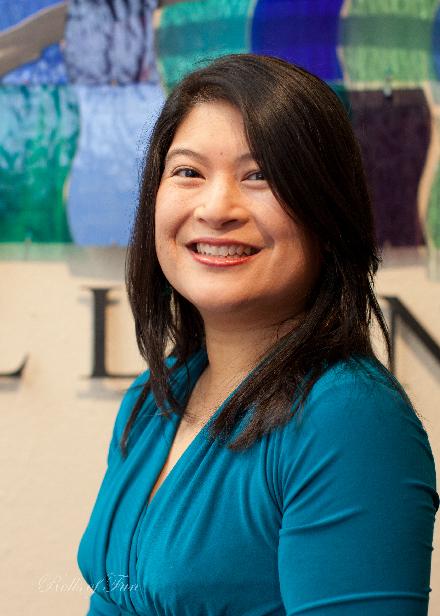
Narissra Maria Punyanunt-Carter
Narissra Maria Punyanunt-Carter (PhD, Kent State University, 2002) is an associate professor in the department of communication studies at Texas Tech University. Narissra teaches interpersonal communication, gender, nonverbal, and romantic relationships. Dr. Punyanunt-Carter's research interests include romantic relationships, computer-mediated communication, father-daughter communication, and mass media portrayals of romance. She is a consultant for several book publishers, such as Bedford St. Martins, Rowan & Littlefield, Oxford, MCGraw-Hill, and Wadsworth. She has published many articles, which have been featured in Southern Communication Journal, Howard Journal of Communication, Communication Research Reports, and Communication Quarterly. She has devoted an extraordinary amount of work towards her discipline, department, the university, and the community of Lubbock. She has served as a permanent or ad-hoc reviewer for ten different peer-reviewed journals. She have been an advisor for more than five different Texas Tech University student organizations and one national honor society. She was awarded Advisor of the Year 2013 by the National Society of Collegiate Scholars (honor society). She is the TTU advisor for Delta Phi Omega and Delta Epsilon Psi (the first sorority and fraternity for Asian Americans). She has published nine book chapters, forty-five journal articles, one book review, and one book. She has been listed as a lead article writer many times. She has also received a top paper award at a regional conference. She served as a mentor for Mentor Tech (for ten years) as well as for the teaching, learning, professional, and developmental center. She was recently elected as Vice-Chair Elect of the Mass Communication division of the National Communication Association. Recently, she was awarded by the Honors College as the Faculty Member of the Year.
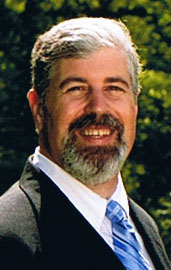
Mark Ward Sr.
Mark Ward Sr. (PhD, Clemson University) is an assistant professor of communication at the University of Houston-Victoria in Victoria, Texas, where he teaches organizational and business communication, public relations, leadership, conflict management, intercultural communication, and communication theory. His recent book, Deadly Documents (2014, Baywood Publishing), examines the organizational culture of the Holocaust through analyses of everyday Nazi bureaucratic documents, and his work on the subject has appeared in the Journal of Business and Technical Communication, Journal of Technical Writing and Communication, and Holocaust Studies. Dr. Wards research interests include ethnography of religious organizations and intersections of religion and media. He serves on the Editorial Board of the Journal of Communication and Religion and Executive Council of the Religious Communication Association, which named his ethnography of religious media its 2014 Article of the Year. His work on religious organizations and media has been published in Intercultural Communication Studies, Journal of Communication and Religion, International Journal of Nonprofit and Voluntary Organizations, Journal of Media and Religion, Journal of Radio and Audio Media, and other venues. Author of two books on the history of religious broadcasting, he is editor of the multivolume series, The Electronic Church in the Digital Age: Cultural Impacts of Evangelical Mass Media (in press, Praeger). Before entering academe, Dr. Ward was communications director and journal editor for several national and international nonprofits and industry trade associations. He continues to write regularly as an independent business journalist.
Acknowledgments
The authors wish to thank their friends, family, and colleagues along with all of those at Flat World Knowledge who have shepherded this book along the way.
The authors would also like to thank the following colleagues who have reviewed the text and provided comprehensive feedback and suggestions for improving the material:
- Janice W. Anderson, SUNY New Paltz
- Michael Bannon, University of Pittsburgh
- Jaime Bochantin, Western Illinois University/DePaul University
- Susan Easton, Rollins College
- Francine Edwards, Delaware State University

